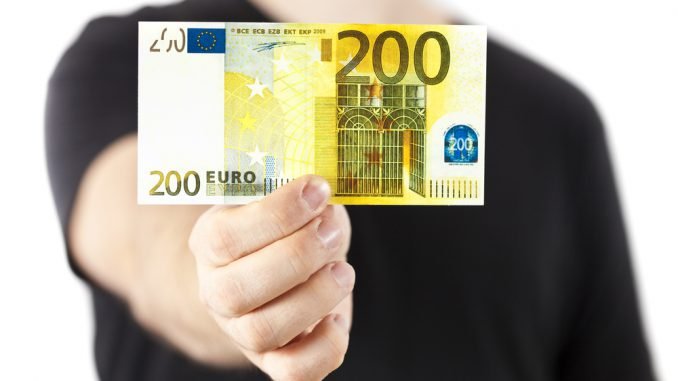
According to the document, which will be submitted to the parliament on Tuesday, Lithuania needs to prevent deals on payment of salaries in envelopes, improve the transparency of the system and motivation for tax payment, therefore, the government will consider combining the taxes payed by the employer and the employee to improve the transparency of taxes on wages.
The government’s program does not specify any tax tariff changes and says that “other alternatives to achieve the goal (of simplifying taxes on wages) will be considered.”
The Peasant and Green Union’s program envisaged facilitated calculation of taxes and envisage two taxes, namely the residents’ income tax, which would include the current income tax, the mandatory health insurance and part of the social insurance fees, as well as the pension insurance tax. The party suggested that the residents’ income tax and the pension insurance tax would be calculated from the salary, without dividing into the employee and the employer share. The union had not specified new tax tariffs, however, the party’s leaders have told the media that the new income tax would total 29 percent and the pension insurance would be 9 percent.
The government intends to limit new VAT privileges and review the necessity of the current privileges. The privileges are not specified, including the VAT privilege on central heating, which the parliament may extend until June 1 2017.
The program follows the Peasant and Green Union’s goal of creating a new four-stage pension system, however, does not speak about merger of the current pension funds of stage 2 and 3.

Be the first to comment